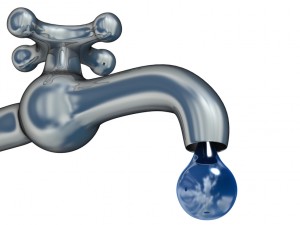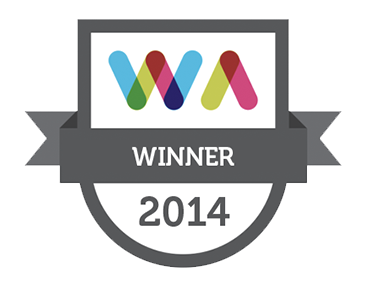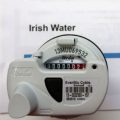
Water Charges: An Interim Scheme?
7 Feb 2013Under the EU/IMF Programme, Ireland is committed to start charging for water by the end of 2013.[1]
Case For Water Charges
The introduction of water charges has a number of advantages other than meeting the terms of our agreement with the troika. These include:
- Cutting wastage of water by encouraging the identification and repair of leaks.
- Discouraging wasteful practices such as running water 24 hours a day in winter to prevent freezing of pipes.
- Greater ability to manage shortages, eg. in periods of drought by using pricing to manage scarcity without cutting off or rationing supply.
- Reducing the need to waste scarce capital by investing prematurely in water supply and waste treatment plant.
- These are very important long term gains for Irish society. It is important not to undermine their provision by being too hasty in securing funding.
Cost of Water Services
The 2012 Report by PricewaterhouseCoopers, “Irish Water” set out the costs of providing water services for 2012. Total current spending was €715 million and capital spending was a further €517 million. Income mainly from non-domestic charges came to €221 million, which left the Exchequer contribution at just over €1 billion.
EU Water Framework Directive
The EU Water Framework Directive establishes a framework for action in the field of water policy. One of its measures (Article 9(1)) is the obligation to adopt a cost recovery policy for water services that includes the environmental and resource costs of water use, taking into account the “polluter-pays” principle.
The Eighth Review of Ireland’s Programme by the IMF states:
the authorities commitment to the European Commission to introduce metered water charging is expected to raise about €0.5 billion in 2015 ³ .
Interim Charging Scheme
If water charges are to be introduced in 2014, urgent consideration needs to be given to an interim charging scheme.
The international evidence (Smets, 2012) suggests that metering is essential in gaining public acceptance of water charges.
It is clear that the installation of water meters in all houses by the end of 2013 is not achievable. Therefore some consideration needs to be given to devising an acceptable interim scheme if the commitment in the EU/IMF Memorandum is to be met.
The introduction of a flat fee per household is not a good idea if we wish to avoid a repeat of the experience with the interim household charge.
Are There Any Alternatives ?
- One option might be to impose a temporary surcharge on property tax liabilities. But the use of market value as a tax base is unlikely to be acceptable as it is a poor proxy for water consumption.
- A second option might be to increase the rate of VAT on electricity from the reduced to the standard rate of 23 per cent. This might be justified on the basis that consumption of electricity is a reasonable proxy for water consumption though it is likely to be more progressive. The yield from this increase may be of the order of €170 million (4). And the existence of free electricity allowances could be used to protect the most vulnerable groups from the increases in the cost of electricity.
- A disadvantage of the VAT option is that under EU rules, if electricity is moved to the standard rate, it cannot be set at the reduced rate again.
- An advantage of the VAT option is that collection difficulties may be somewhat less.
- A third option may be to increase the rate of carbon tax from €20 per tonne. An increase of €5 would yield about €80 million. But consumption of carbon is a poor proxy for water consumption.
Conclusion
The target of raising €500 million from water charges by 2015 is unrealistic.
It is very likely that introducing a scheme that raises €500 million not based on use would be unacceptable to the public and would set back into the indefinite future the prospect of implementing a charging scheme for water.
The first wave of metering should be in areas where water scarcity is already looming. This is true of the Dublin region, but it may also be true of others. In areas of emerging water scarcity, appropriate metering can reduce consumption to levels that are the norm elsewhere, and reduce the capital and other requirements needed for expanding supply. In these circumstances, if an acceptable interim scheme cannot be devised it would be better to defer the introduction of water charges until the metering programme is complete.
Notes:
¹I am very grateful to Frank Convery for comments on earlier drafts. The usual disclaimer applies.
²EU/IMF Programme of Financial Support for Ireland November 2012 P9.
³IMF Country Report No 12/336, December 2012 P5.
4. Average Spending on Electricity is 1.8% of disposable income (Household Budget Survey, 2010, CSO)





